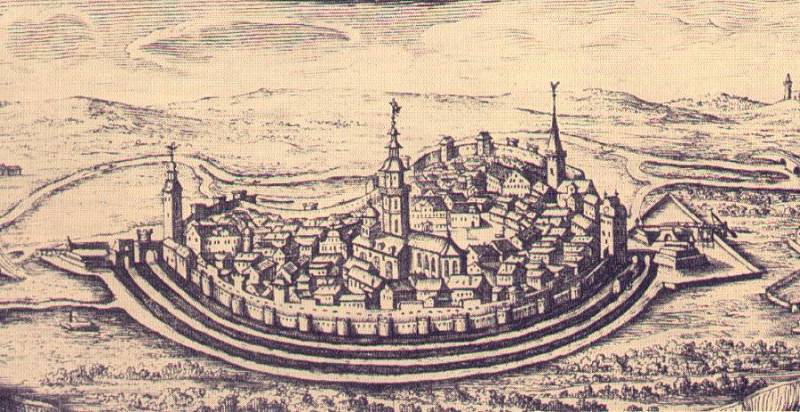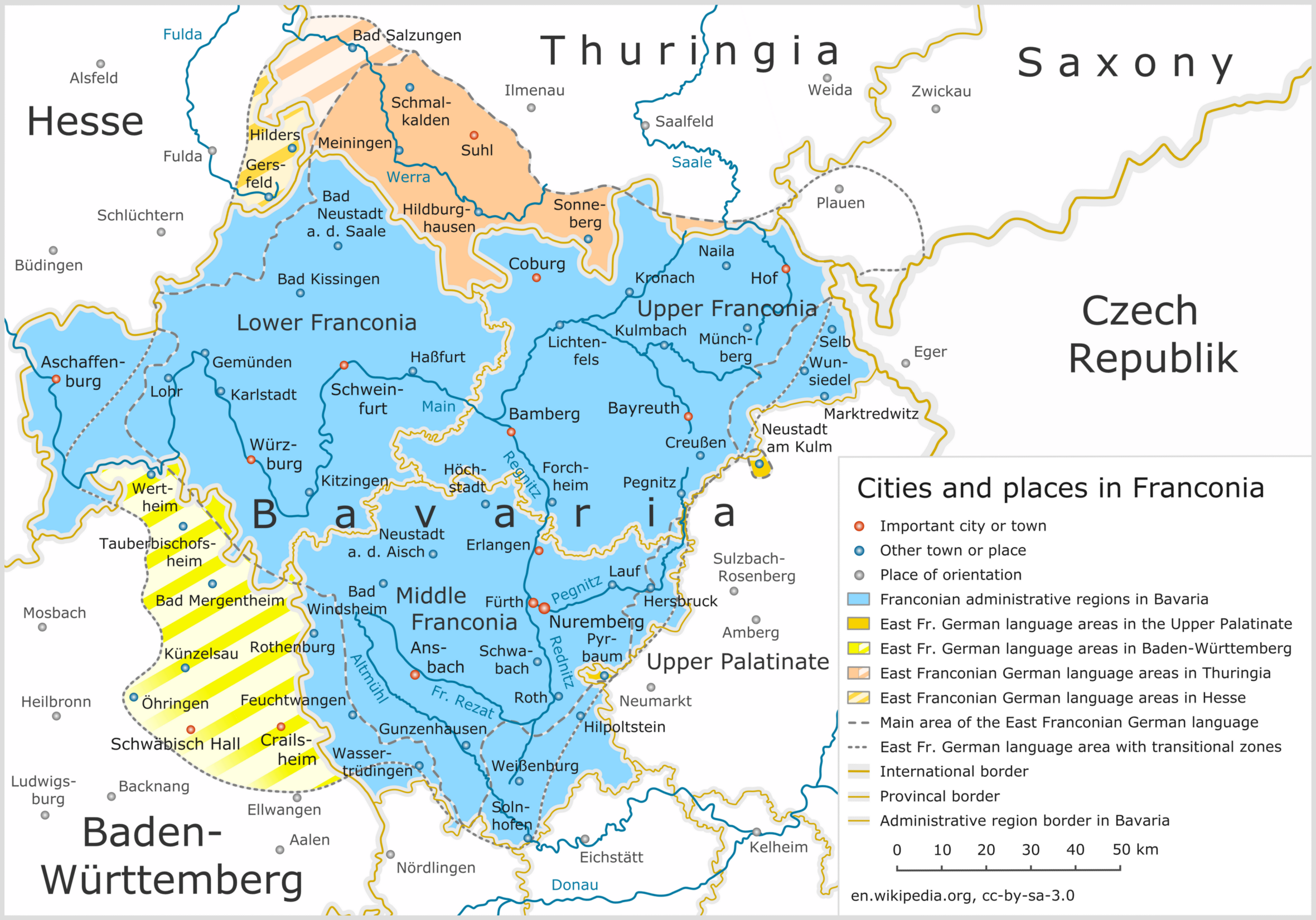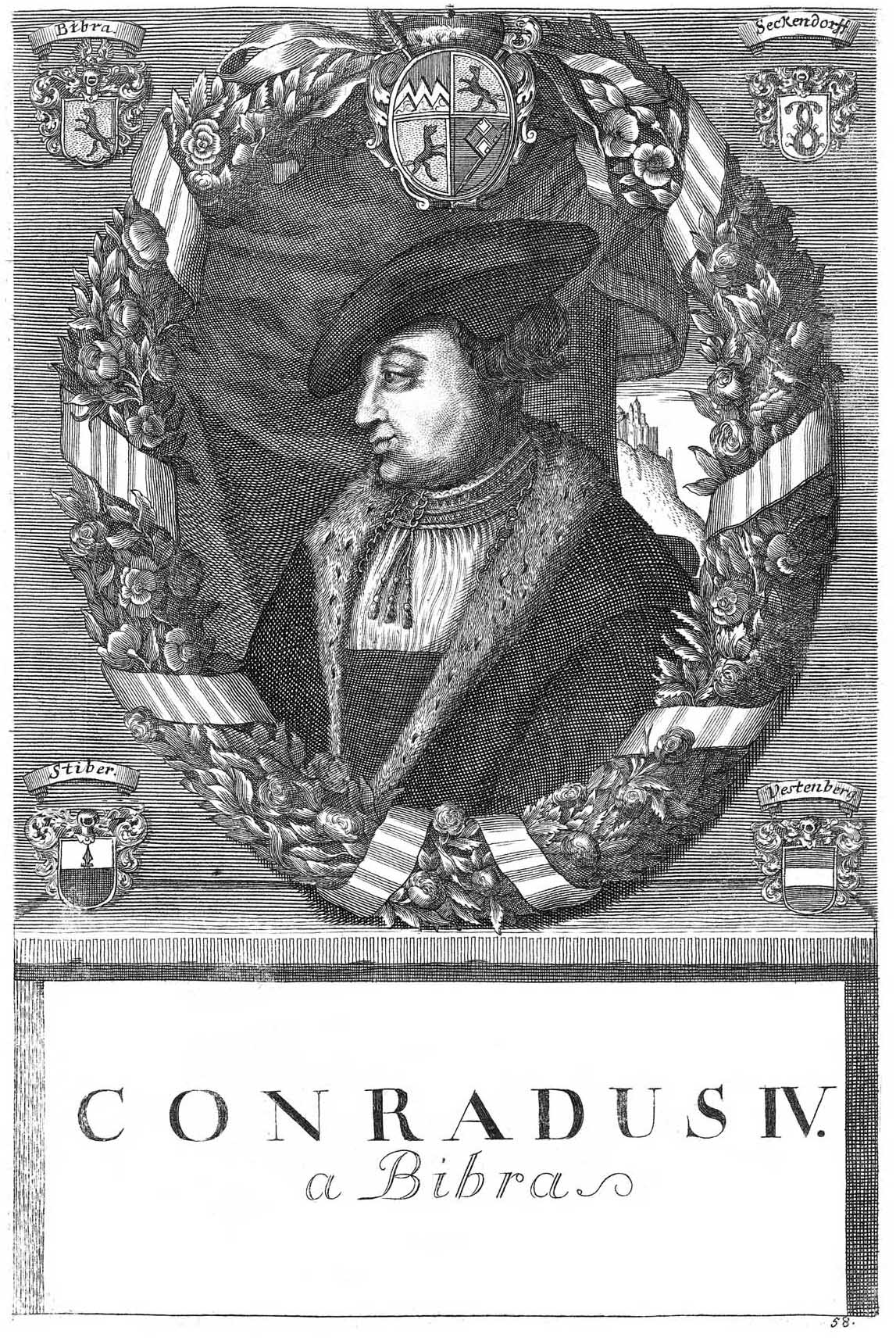|
Meiningen
Meiningen () is a town in the southern part of the state of Thuringia, Germany. It is located in the region of Franconia and has a population of around 26,000 (2024)." target="_blank" class="mw-redirect" title="City of Meiningen, citizen service">City of Meiningen, citizen service Jahresrückblick 2021 (year review), PDF (4,4 MB). Meiningen is the capital and the largest town of the Schmalkalden-Meiningen district. From 1680 to 1920, Meiningen was the capital of the Duchy (and briefly of the Free State) of Saxe-Meiningen. Meiningen is considered the cultural, judicial and financial centre of southern Thuringia and thus hosts the state theatre, justice center, state archives, bank buildings and many museums. It is economically reliant on mechanical engineering, high-tech industry and tourism. The dialect ... [...More Info...] [...Related Items...] OR: [Wikipedia] [Google] [Baidu] |
Saxe-Meiningen
Saxe-Meiningen ( ; ) was one of the Saxon duchies held by the Ernestine duchies, Ernestine line of the House of Wettin, located in the southwest of the present-day Germany, German state of Thuringia. Established in 1681, by partition of the Ernestine Duchy of Saxe-Gotha among the seven sons of deceased Duke Ernest I, Duke of Saxe-Gotha, Ernest the Pious, the Saxe-Meiningen line of the House of Wettin lasted until the end of the German monarchies in 1918. History House of Wettin The House of Wettin, Wettiner had been the rulers of sizeable holdings in today's states of Saxony, Saxony-Anhalt and Thuringia since the Middle Ages. In the ''Treaty of Leipzig, Leipziger Teilung'' of 1485, the Wettiner were split into two branches named after their founding princes Albert III, Duke of Saxony, Albrecht and Ernest, Elector of Saxony, Ernst (''albertinisch'' and ''ernestinisch''). Thuringia was part of the Ernestine holdings of ''Kursachsen'' (the Electorate of Saxony). In 1572, the branc ... [...More Info...] [...Related Items...] OR: [Wikipedia] [Google] [Baidu] |
Schmalkalden-Meiningen
Schmalkalden-Meiningen is a '' Landkreis'' in the southwest of Thuringia, Germany. Its neighboring districts are (from the northwest clockwise) the districts Wartburgkreis, Gotha, Ilm-Kreis, the district-free city Suhl, the district Hildburghausen, the Bavarian district Rhön-Grabfeld, and the district Fulda in Hesse. History The district is located mainly on the territory of the former duchy of Saxe-Meiningen (part Meiningen district) and the former dominion of Schmalkalden. The district as a unit originated in 1994 with the merging of the previous districts Meiningen, Schmalkalden and (partially) Suhl-Land, which were formed during the time in the GDR. The municipality Kaltennordheim passed from the Wartburgkreis to Schmalkalden-Meiningen on 1 January 2019. Geography The main river in Schmalkalden-Meiningen is the Werra. The landscape of the district consists of the Rhön Mountains in the west and the Thuringian Forest Mountains in the east, separated by the valley of th ... [...More Info...] [...Related Items...] OR: [Wikipedia] [Google] [Baidu] |
Meiningen Court Orchestra
The Meiningen Court Orchestra () is one of Europe's most time-honoured orchestras. Since 1952, the 68-member ensemble has been affiliated with the Meiningen Court Theatre, where it regularly performs opera, symphony concerts, and youth concerts. The current music director (GMD) is Killian Farrell. History The Saxe-Meiningen ducal court orchestra was founded in 1690 by Duke Bernhard I. After its modest beginnings, the ensemble’s prominence began to grow under the leadership of the Baroque composer Georg Caspar Schürmann from 1702 to 1707. From 1711 to 1731 Johann Ludwig Bach, a second cousin of Johann Sebastian Bach, served as conductor, followed by his relatives Gottlieb Friedrich and Johann Philipp Bach. In 1867 the Court Orchestra under principal conductor Emil Blücher hosted a festival for the '' Allgemeiner Deutscher Musikverein'' (General German Music Association) in collaboration with Franz Liszt in order to promote contemporary composers like Leopold Damrosch, Eduar ... [...More Info...] [...Related Items...] OR: [Wikipedia] [Google] [Baidu] |
Wettin Dynasty
The House of Wettin () was a dynasty which included Saxon kings, prince-electors, dukes, and counts, who once ruled territories in the present-day German federated states of Saxony, Saxony-Anhalt and Thuringia. The dynasty is one of the oldest in Europe, and its origins can be traced back to the town of Wettin, Saxony-Anhalt. The Wettins gradually rose to power within the Holy Roman Empire. Members of the family became the rulers of several medieval states, starting with the Saxon Eastern March in 1030. Other states they gained were Meissen in 1089, Thuringia in 1263, and Saxony in 1423. These areas cover large parts of Central Germany as a cultural area of Germany. The family divided into two ruling branches in 1485 by the Treaty of Leipzig: the Ernestine and Albertine branches. The older Ernestine branch played a key role during the Protestant Reformation. Many ruling monarchs outside Germany were later tied to its cadet branch, the House of Saxe-Coburg and Gotha. The Alberti ... [...More Info...] [...Related Items...] OR: [Wikipedia] [Google] [Baidu] |
House Of Henneberg
The House of Henneberg was a medieval German Graf, comital family (''Grafen'') which from the 11th century onwards held large territories in the Duchy of Franconia. Their county was raised to a Princes of the Holy Roman Empire, princely county (''Gefürstete Grafschaft'') in 1310. Upon the extinction of the line in the late 16th century, most of the territory was inherited by the Saxon House of Wettin and subsequently incorporated into the Thuringian estates of its Ernestine duchies, Ernestine branch. Origins The distant origins of this family are speculative yet seem to originate in the Middle Rhine Valley, east of modern-day France. Charibert, a nobleman in Neustria is the earliest recorded ancestor of the family, dating before 636. Five generations pass between Charibert and the next descendant of note, Robert III of Worms. Both the Capetian dynasty and the Popponids (Elder House of Babenberg) are direct male lineal descendants of Count Robert I and therefore referred to as R ... [...More Info...] [...Related Items...] OR: [Wikipedia] [Google] [Baidu] |
Franconia
Franconia ( ; ; ) is a geographical region of Germany, characterised by its culture and East Franconian dialect (). Franconia is made up of the three (governmental districts) of Lower Franconia, Lower, Middle Franconia, Middle and Upper Franconia in Bavaria, the adjacent, East Franconian, Franconian-speaking South Thuringia, south of the Thuringian Forest—which constitutes the language boundary between Franconian and Thuringian—and the eastern parts of Heilbronn-Franconia in Baden-Württemberg. Those parts of the Vogtland lying in Saxony (largest city: Plauen) are sometimes regarded as Franconian as well, because the Vogtlandian dialects are mostly East Franconian. The inhabitants of Saxon Vogtland, however, mostly do not consider themselves Franconian. On the other hand, the inhabitants of the Hessian dialect, Hessian-speaking parts of Lower Franconia west of the Spessart (largest city: Aschaffenburg) do consider themselves Franconian, although not speaking the dialect. He ... [...More Info...] [...Related Items...] OR: [Wikipedia] [Google] [Baidu] |
Thuringia
Thuringia (; officially the Free State of Thuringia, ) is one of Germany, Germany's 16 States of Germany, states. With 2.1 million people, it is 12th-largest by population, and with 16,171 square kilometers, it is 11th-largest in area. Erfurt is the capital and largest city. Other cities include Jena, Gera and Weimar. Thuringia is bordered by Bavaria, Hesse, Lower Saxony, Saxony, and Saxony-Anhalt. It has been known as "the green heart of Germany" () from the late 19th century due to its broad, dense forest. Most of Thuringia is in the Saale drainage basin, a bank (geography), left-bank tributary of the Elbe. Thuringia is home to the Rennsteig, Germany's best-known hiking, hiking trail. Its winter resort of Oberhof, Germany, Oberhof makes it a well-equipped winter sports destination – half of Germany's 136 Winter Olympics, Winter Olympic gold medals had been won by Thuringian athletes as of 2014. Thuringia was favoured by or was the birthplace of three key intellectu ... [...More Info...] [...Related Items...] OR: [Wikipedia] [Google] [Baidu] |
Werra
The Werra (), a river in central Germany, is the right-bank headwater of the Weser. "Weser" is a synonym in an old dialect of German. The Werra has its source near Eisfeld in southern Thuringia. After the Werra joins the river Fulda in the town of Hann. Münden, forming the Weser. If the Werra is included as part of the Weser, the Weser is the longest river entirely within German territory at . Its valley, the , has many tributaries and is a relative lull between the Rhön Mountains and the Thuringian Forest. Its attractions include Eiben Forest near Dermbach, an unusual sandstone cave at Walldorf, the deepest lake in Germany formed by subsidence (near Bernshausen), and Krayenburg, the ruins of a castle. The towns and main settlements along the Werra are Hildburghausen, Meiningen, Bad Salzungen, Tiefenort, Merkers-Kieselbach, Vacha, Heringen, Philippsthal, Gerstungen, Wanfried, Eschwege, Bad Sooden-Allendorf, Witzenhausen and Hannoversch Münden. Gallery Fil ... [...More Info...] [...Related Items...] OR: [Wikipedia] [Google] [Baidu] |
East Franconian German
East Franconian ( ), usually referred to as Franconian (' ) in German, is a dialect spoken in Franconia, the northern part of the federal state of Bavaria and other areas in Germany around Nuremberg, Bamberg, Coburg, Würzburg, Hof, Bayreuth, Meiningen, Bad Mergentheim, and Crailsheim. The major subgroups are ' (spoken in Lower Franconia and southern Thuringia), ' (spoken in Upper and Middle Franconia) and ' (spoken in some parts of Middle Franconia and Hohenlohe). Until the wholesale expulsion of Germans from Bohemia, the dialect was also spoken around Saaz (today: Žatec). In the transitional area between Rhine Franconian in the northwest and the Austro-Bavarian dialects in the southeast, East Franconian has elements of Central German and Upper German. The same goes only for South Franconian German in adjacent Baden-Württemberg Baden-Württemberg ( ; ), commonly shortened to BW or BaWü, is a states of Germany, German state () in Southwest Germany, east of ... [...More Info...] [...Related Items...] OR: [Wikipedia] [Google] [Baidu] |
Conrad Von Bibra
Conrad von Bibra (or Konrad III von Bibra), Duke in Franconia (1490–1544) was Prince-Bishop of Würzburg from 1540 to 1544. Born in 1490, he studied at the universities of Cologne, Bologna, Erfurt and Ingolstadt. His whole life Conrad seemed to have had a hard time making up his mind about being a priest. Three times between 1520 and 1532 he entered a priestly position and then resigned. In 1525 during the German Peasants' War, Conrad was among the defenders of the Fortress Marienberg at Würzburg which was under siege. Afterwards he served on the commission determining damages. Finally in February 1539 he entered a priestly position again. On 28 April 1540 he became Provost of Neu Münster in Würzburg. Already on 1 July 1540, he was surprisingly elected Prince Bishop. Afterwards he showed an independent even uncooperative attitude. Seven times he put off his ordination as a priest and bishop. Also despite the Emperor's admonitions, he gave excuses and refused to personally ... [...More Info...] [...Related Items...] OR: [Wikipedia] [Google] [Baidu] |
Frankish Empire
The Carolingian Empire (800–887) was a Frankish-dominated empire in Western and Central Europe during the Early Middle Ages. It was ruled by the Carolingian dynasty, which had ruled as kings of the Franks since 751 and as kings of the Lombards in Italy from 774. In 800, Pope Leo III crowned the Frankish king Charlemagne as Roman emperor in return for political protection, disregarding the universalist claims of the weakened Byzantine Empire. The Carolingian Empire is sometimes considered the first phase in the history of the Holy Roman Empire. After a civil war from 840 to 843 following the death of Emperor Louis the Pious, the empire was divided into autonomous kingdoms, with one king still recognised as emperor, but with little authority outside his own kingdom. The unity of the empire and the hereditary right of the Carolingians continued to be acknowledged. In 884, Charles the Fat reunited all the Carolingian kingdoms for the last time, but he was deposed by the Frankis ... [...More Info...] [...Related Items...] OR: [Wikipedia] [Google] [Baidu] |
Amt (country Subdivision)
Amt is a type of administrative division governing a group of municipalities, today only in Germany, but formerly also common in other countries of Northern Europe. Its size and functions differ by country and the term is roughly equivalent to a British or U.S. county. Current usage Germany Prevalence The ''Amt'' (plural: ''Ämter'') is unique to the German ''States of Germany, Bundesländer'' (federal states) of Schleswig-Holstein, Mecklenburg-Western Pomerania and Brandenburg. Other German states had this division in the past. Some states have similar administrative units called ''Samtgemeinde'' (Lower Saxony), ''Verbandsgemeinde'' (Rhineland-Palatinate) or ''Municipal association (Germany), Verwaltungsgemeinschaft'' (Baden-Württemberg, Bavaria, Saxony, Saxony-Anhalt, Thuringia). Definition An ''Amt'', as well as the other above-mentioned units, is subordinate to a ''Kreis'' (district) and is a collection of municipalities. The amt is lower than district-level government ... [...More Info...] [...Related Items...] OR: [Wikipedia] [Google] [Baidu] |






